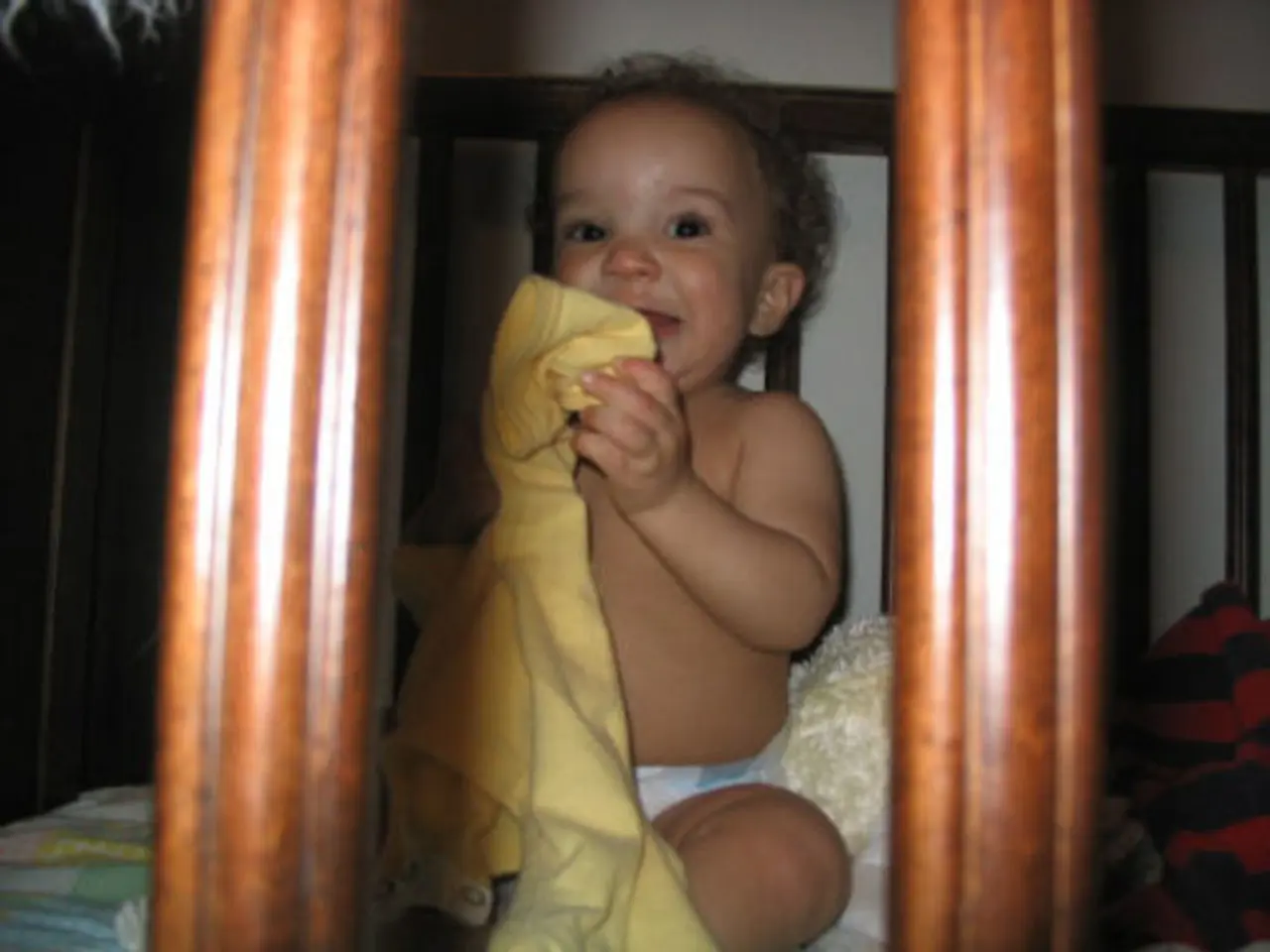Frequent 'No's' Spouted by Preschooler
In the world of toddlers, the word 'no' can be a common occurrence. But did you know that a toddler's opposition can be a sign of independence and assertion? This article provides insights into understanding and managing a toddler's 'no'.
Toddlers, at this age, are learning to assert themselves and make decisions. As they test boundaries, saying 'no' is a normal part of their development. However, it's important to respond with patience, consistency, and understanding to support this phase.
Encouraging independence and cooperation in toddlers can be achieved by asking them to do things instead of telling them. Giving choices and using positive words can also help them cooperate and participate.
The whisper technique, where positive things are communicated about the things a toddler says no to, can help change a child's negative thoughts. For instance, instead of saying "Don't touch the stove", you could say "The stove is hot and we need to keep our hands away".
However, if a toddler's constant defiance does not respond to these useful tips and they start showing behavioral issues, it may be necessary to be firm and assert parental authority. It's crucial to address these issues immediately to prevent the development of more serious behavioral problems.
Parents should also look for signs of distress, withdrawal, or fear to understand why their child is saying 'no'. If a child is saying 'no' unnecessarily, it could be a sign of stress or lack of safety. Analyzing a toddler's behavior and getting to the root of negativity can help change their thoughts.
In some cases, consulting a counselor can provide more ideas to tackle behavioral issues and diagnose any psychological or medical issues that may be causing stress.
It's also important to give a toddler time to adjust to new situations. Introducing new games and activities can help keep a toddler engaged. Remember, practice patience and perseverance when modifying the way you approach a child to bring about good results.
Respecting a toddler's 'no' in certain situations can help build self-respect in them. For instance, if a toddler doesn't want to hug or be held, it's okay to respect their space. However, it's important to ensure they are not expressing boredom or disinterest.
Toddlers may also use 'no' not only verbally but also through actions such as avoiding hugs, running away, refusing offers, ignoring, or pushing away. In such cases, offering alternatives or engaging them in activities they enjoy can help.
In conclusion, understanding a toddler's 'no' is essential for parents. By responding with patience, consistency, and understanding, parents can help their toddlers navigate this phase of development and foster a sense of independence and cooperation.
Read also:
- Nightly sweat episodes linked to GERD: Crucial insights explained
- Antitussives: List of Examples, Functions, Adverse Reactions, and Additional Details
- Asthma Diagnosis: Exploring FeNO Tests and Related Treatments
- Unfortunate Financial Disarray for a Family from California After an Expensive Emergency Room Visit with Their Burned Infant








